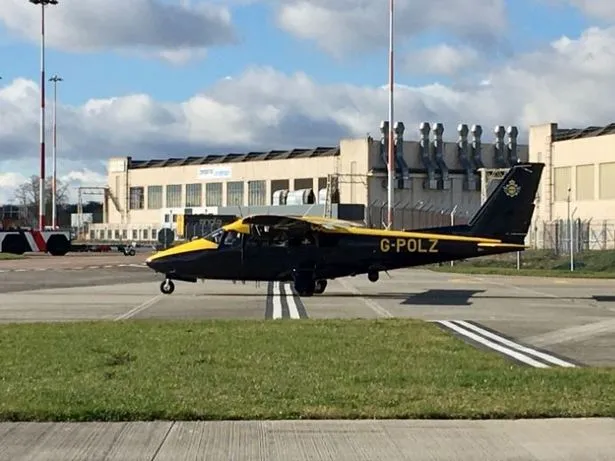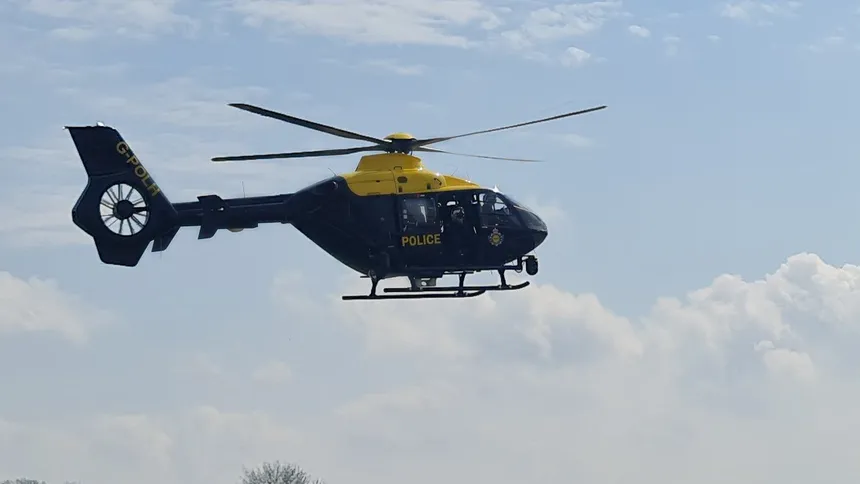In a bid to revolutionize emergency response, cutting-edge drone technology is set to be trialed in Norfolk next year as part of a pioneering project dubbed Project Eagle X. The innovative approach aims to station drones on buildings, operated remotely to provide early information to police officers responding to emergencies. Norfolk, with limited access to helicopters flown by the National Police Air Service, is an ideal location for the trial, which will also take place in Thames Valley Police and Hampshire, should the initial tests prove successful.
The drones dubbed the Drone as First Responder (DFR) devices, are designed to provide accurate information on the scale of an incident, often quickly and efficiently, replacing traditional methods relying on 999 calls from panicked bystanders. According to Neil Sexton, an advisor to the National Police Chiefs’ Council on the use of drones, the technology has the potential to significantly enhance situational awareness, feeding back crucial data to control stations, control rooms, and first responders on the ground.
The trials aim to demonstrate the efficacy of autonomously flown drones in gaining vital information on an incident, including the scale and scope of the situation, replacing the potentially unreliable information provided by bystanders under stress. The drones’ remote operation and flexibility to fly out of the operator’s sight will provide unparalleled situational awareness, allowing for quicker and more effective response times.

National Police Air Service
Currently, police forces in England and Wales utilize around 400 drones, limited in their capability due to the need for direct visual contact with the operator. However, new regulations are in the pipeline, allowing for the amendment of these rules, paving the way for unmanned drones to fly beyond the operator’s line of sight, which will be trialed in areas with closed-off airspace next year.
In addition to the drone technology trials, police forces are also planning a significant expansion in the use of facial recognition software, with a proposal to double its use by May. The biometric software, hailed as a significant leap forward in policing, enables the comparison of images from sources such as CCTV with forces’ databases of custody shots. The Metropolitan Police has already announced its intention to use the technology to catch prolific shoplifters caught on CCTV, while South Wales Police is piloting an app that allows officers to compare photos of suspects with the force’s mugshot database on their mobile phones, with the potential to roll out the system across England and Wales if successful.
As the technology continues to evolve, drones and facial recognition software will likely play a significant role in shaping the future of emergency response, providing police forces with the tools to make more informed decisions, respond more effectively, and ultimately, keep communities safer.

